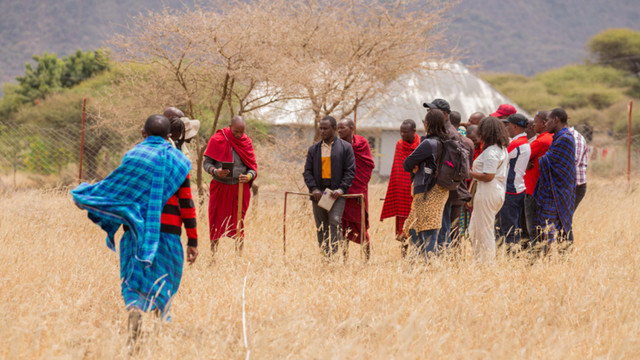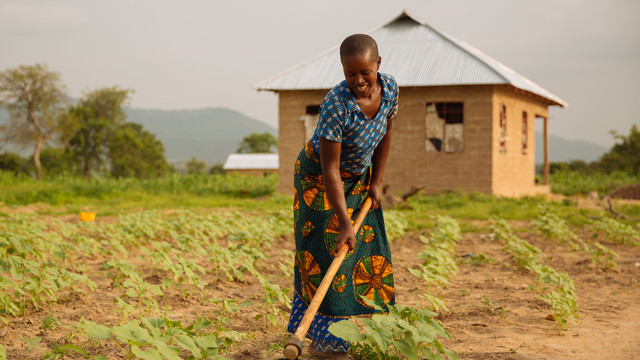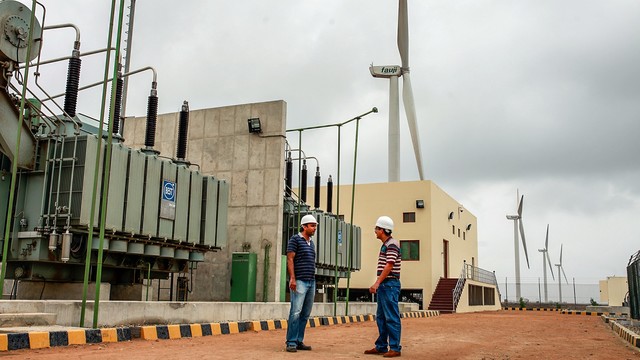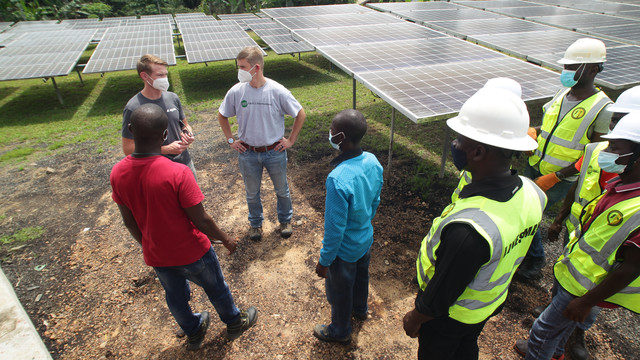Power that changes lives: three lessons from a rural energy champion
Mini-grids are providing rural communities in Tanzania with the energy they need to move beyond powering household appliances, to generating new business and boosting the local economy.


Furniture making is a profitable business in rural Tanzania (Photo: Energy Change Lab)
In Mbaya village, in Liwale District in Lindi, Tanzania, Ashura, a mother of two, and her husband Ahmad manage multiple micro-scale businesses ranging from ice cream and juice making to welding.
The arrival of a 30-kilowatt solar powered mini-grid, provided by the Power Corner initiative, has enabled Ashura and other villagers to shift from polluting diesel to a cleaner, greener, solar-based energy source.
The cost of electricity from the mini-grid is slightly higher than from the national provider Tanzania Electric Supply Company Limited (TANESCO), which is highly subsidised by the government.
But Ashura is happy with this new supply – it brings in more work and boosts the family income. Diesel costs to run the dirty generator alternative are higher, and the convenience of the mini-grid power saves time in collecting fuel, which also allows the family businesses to operate for longer.
This shift in energy use is crucial for growing Tanzania’s rural economies – advancing from electricity that lights homes, charges phones and powers radios, to energy that creates jobs, generates new business and improves livelihoods. The future for these rural communities looks brighter.
A peer-to-peer learning journey in Dodoma
As part of the IIED/HIVOS Energy Change Lab, in collaboration with Power Corner and Rafiki Power, Ashura has become a ‘productive use’ of energy (PUE) champion.
Recently she travelled more than 900 kilometres from Lindi in southeast Tanzania to Dodoma, the nation’s capital, to join 23 other entrepreneurs along with mini-grid developers, equipment suppliers, financial institutions and training institutions to learn how mini-grids can drive local economies and how different developers have fostered PUE.
Ashura’s top three lessons
- Minigrid power is fit for productive use: Many in Ashura’s village doubt that mini-grids are powerful enough to run their appliances and machines. She says: “Nobody in my village has thought of providing pressure-wash services, for cleaning cars and motorbikes, because they think it requires big, sophisticated machines that mini-grids are not strong enough to power. But during this journey, I learnt pressure washers – which have the potential to be very profitable – can be powered by mini-grids.”
Ashura is ready to share this knowledge with others in the community: “Given the high number of motorcycle riders in the village, I believe there is a ready market for this kind of business.”
- Cash is still king: Ashura is a passionate entrepreneur, but she understands all too well the limitations of dreaming big without the finances to support. “I have the credentials to successfully apply for loans but repaying would be painful, putting too much pressure on my family”.
Ashura has vowed never to borrow, even for appliances available on loan from Power Corner; she prefers to buy her equipment with cash, no matter how long it takes to save the money. During the learning journey, Ashura saw how electric appliances such as juicers and blenders can be used to generate income – and thinks their commercial potential will be enough incentive for people to save up cash to buy them.
- Communities need skills to put power into practice: For a community receiving electricity for the first time, it takes a while to reap the benefits of the new supply.
Ashura learned how capacity building programmes in Chang’ombe and Dongo are showing villagers how to operate PUE appliances and build new businesses around these. Vocational training institutions such as the Small Industries Development Organisation (SIDO) and the Vocational Educational and Training Authority (VETA) can fill this gap where the level of training required is as basic as how to operate a popcorn-making machine
Feeding back to the community
From the learning journey, Ashura was ready to take what she had learnt from other ‘productive use’ champions back to her community to inspire others to harness the potential of mini-grid electricity for productive use.
And we want to tell you more stories from our ‘productive use’ champions! So we’ve compiled this short video that demonstrates how mini-grid service providers are delivering energy for productive and shows workshop discussions on how to advance productive uses of energy in rural areas.




